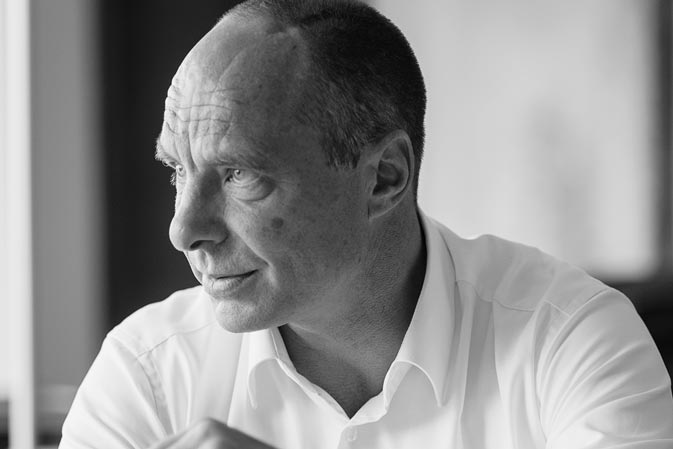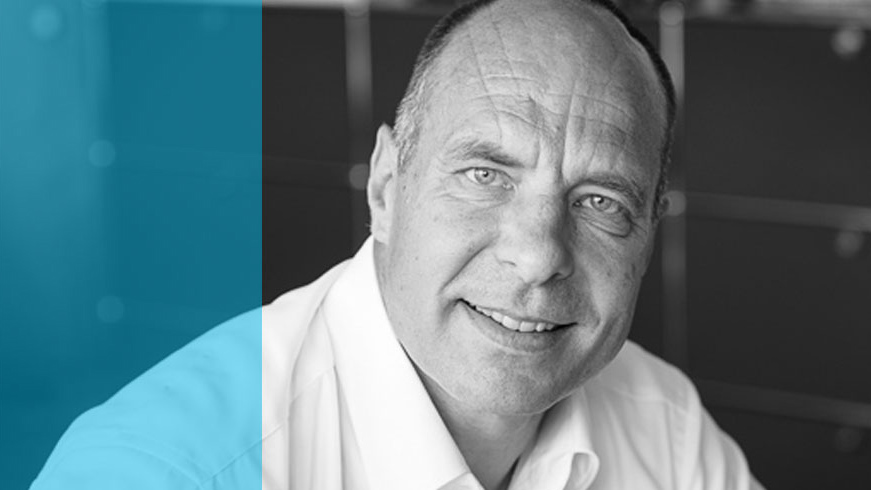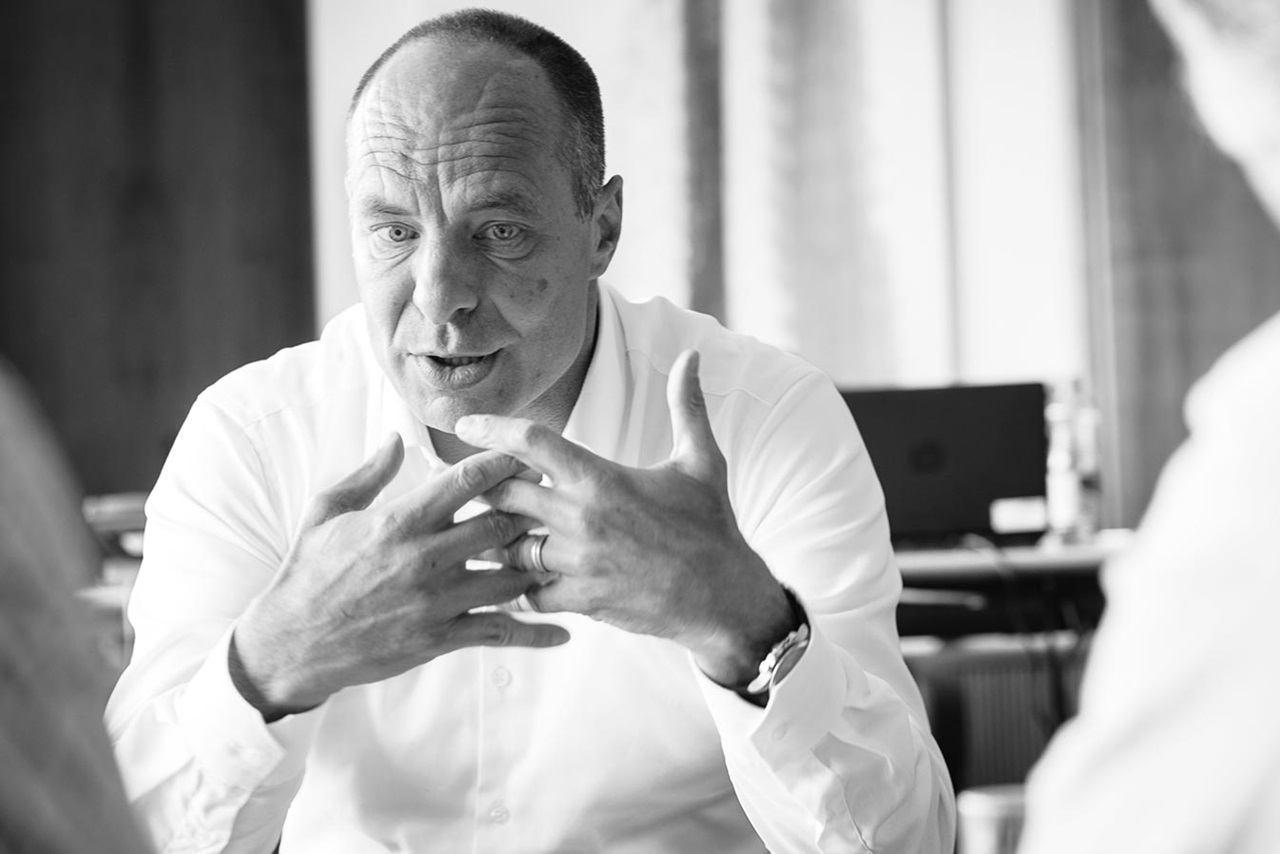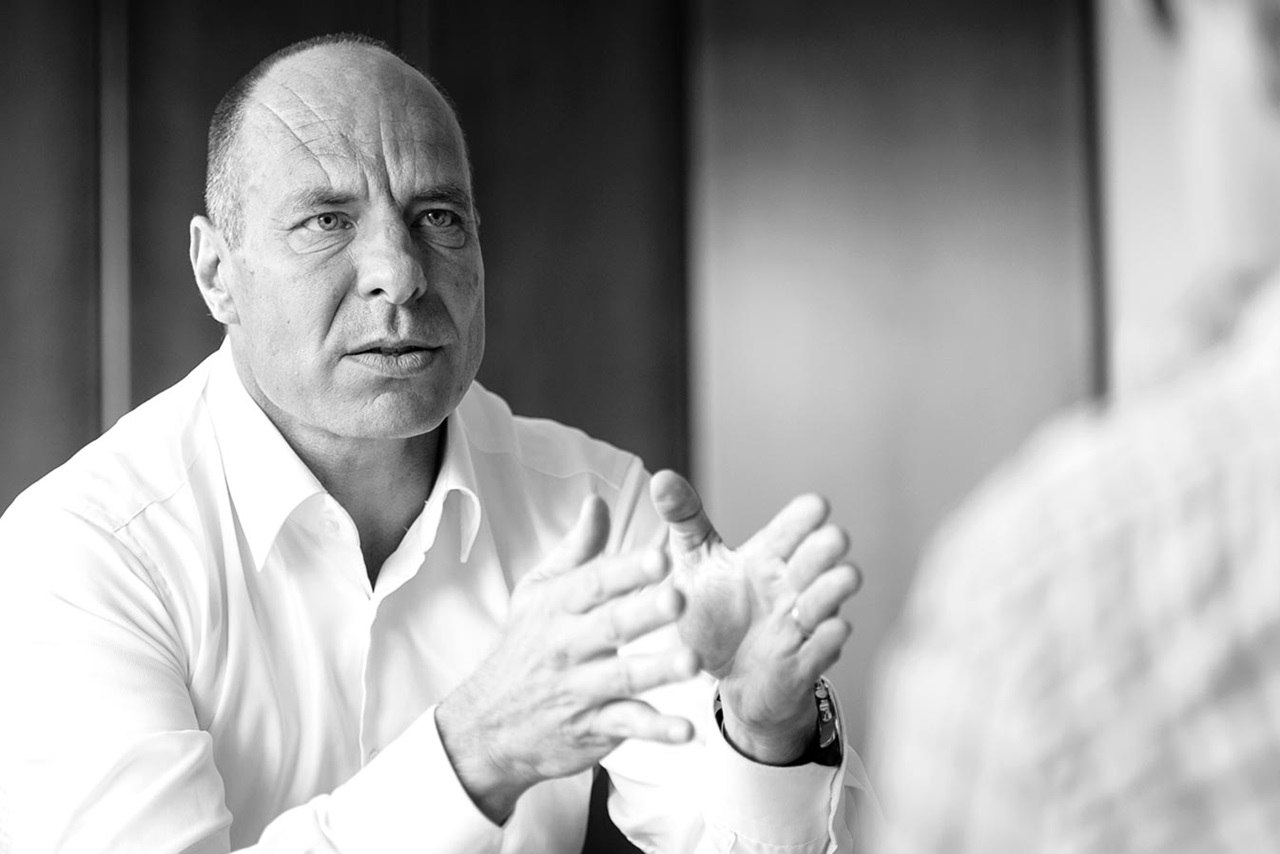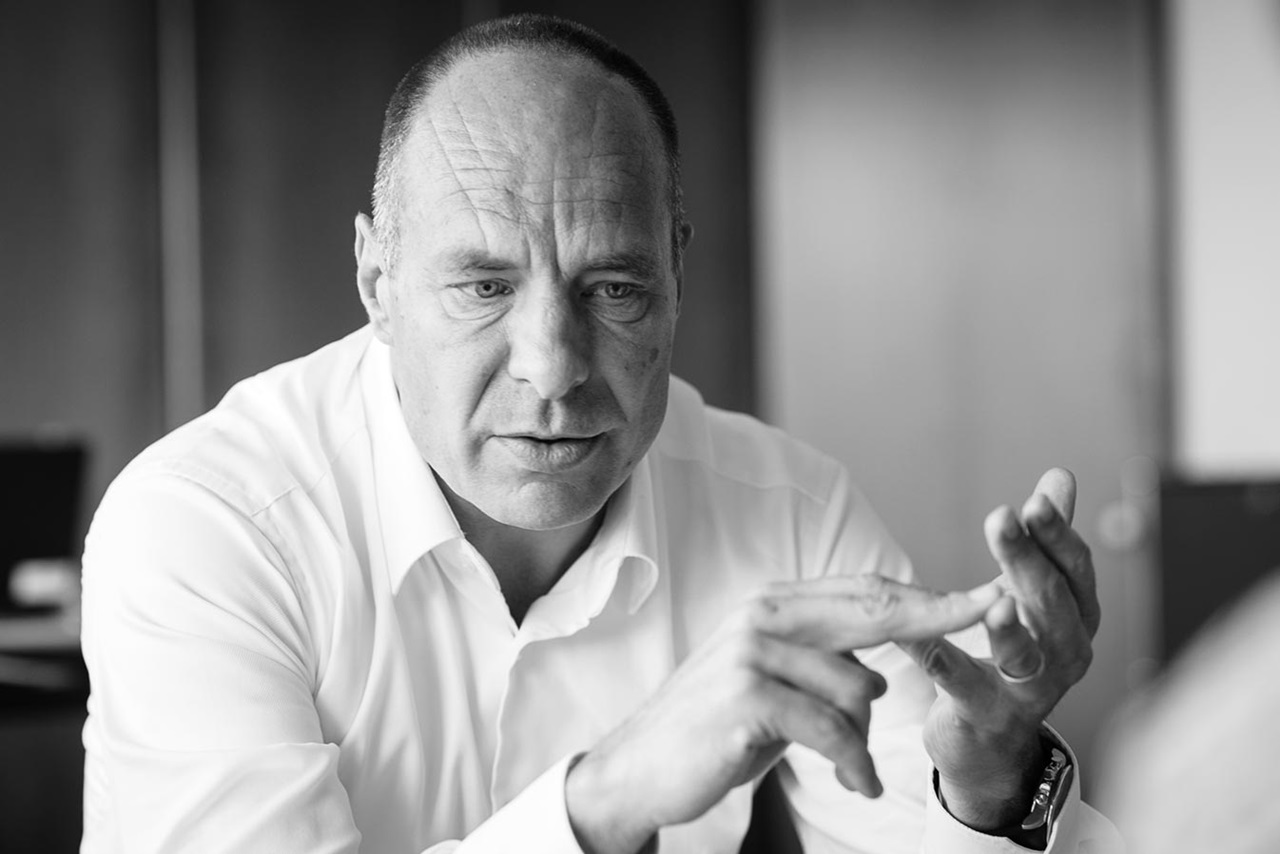Echo-Interview with Thomas Amstutz, CEO Feldschlösschen Getränke AG
elipsLife echo: Mr Amstutz, Feldschlösschen has been market leader among the Swiss brewers for years now. How have you managed to maintain this position?
Thomas Amstutz: Feldschlösschen has been the front-runner in Switzerland for over 120 years. This fact is gratifying and challenging at the same time. We're rising to the challenge by building on our strengths as Master Brewers, Pioneers and Partners. By master brewers, I'm referring to the quality of our products that we've been demonstrating for decades now. In addition to this uncompromising commitment to quality, there is above all our pioneering spirit that has secured our position as market leaders. For example, Feldschlösschen was the first brewery in Switzerland to establish a direct rail link and the first to begin brewing outside a city. Moreover, we were the first to install an ice-making machine that put an end to the laborious job of sawing up blocks of ice. We also led the way with brewing alcohol-free beer. This innovative drive has been a hallmark of our activities throughout our history. And back in 1972, we also pioneered the installation of a biogas plant, the first company to do so in Switzerland. So we were in the vanguard of the green revolution. Our environmental stance is a central component of our corporate culture.
I regard my most important task to be ensuring that Feldschlösschen, as market leader, continues to live up to its pioneering heritage and does not rest on its laurels.
How significant is marketing in respect to positioning your brand?
We need to differentiate between positioning the Feldschlösschen company, on the one hand, and its brand on the other. The brand Feldschlösschen is the most important among the various others we have and accounts for 60% of our beer sales – a quarter of all beer consumed in Switzerland bears the Feldschlösschen brand. As a company, we have a market share of 42%; besides Feldschlösschen, our brand family includes Cardinal, Warteck, Hürlimann, Gurten and others. To ensure the success of the various brands, we need ongoing innovation. And we need it across the board: in logistics, production, marketing and, most recently, also in digitization.
Switzerland has seen the emergence of numerous microbreweries in recent years. How do you explain this boom?
This phenomenon is a clear trend away from globalization. The consumer demands to know where the product comes from and wants to be offered a wider range of locally and regionally brewed beers. Feldschlösschen, both as a brand and a company, is Swiss; its products originate in Switzerland. The move away from globalization towards regional products is plain for all to see. We, too, have addressed this trend by, for example, spinning off our Valaisanne brand from the Feldschlösschen company. Valaisanne is operated as an independent local company.
